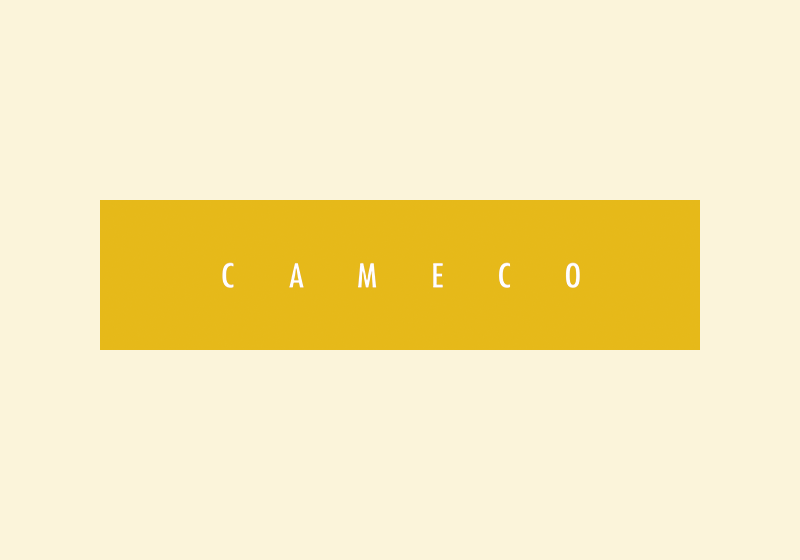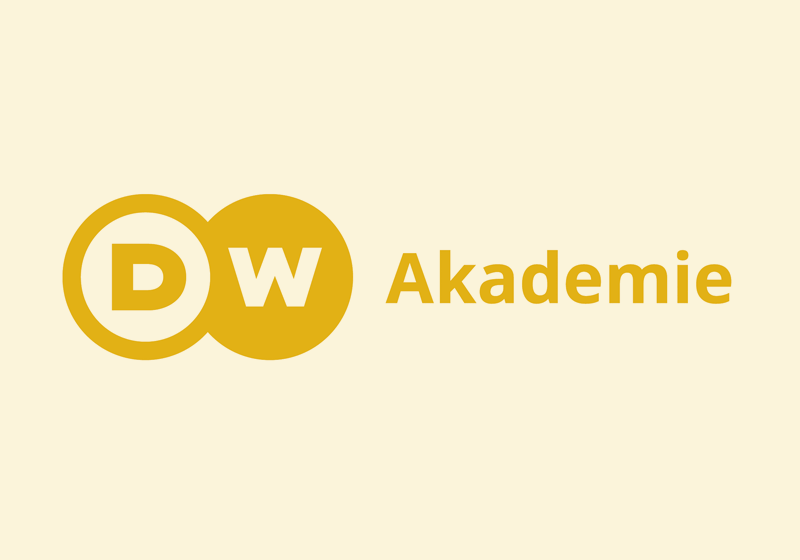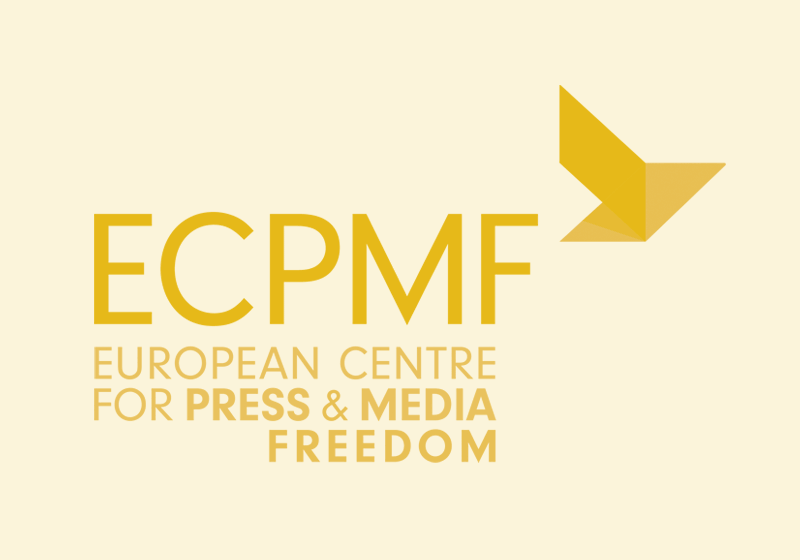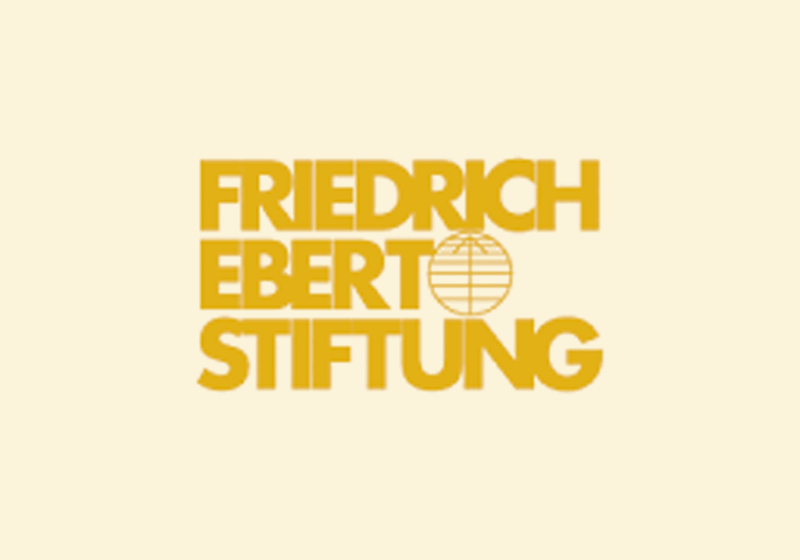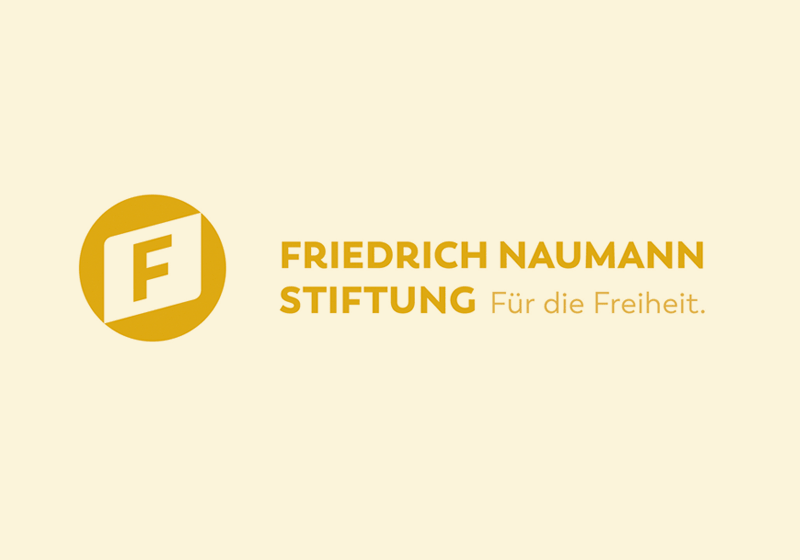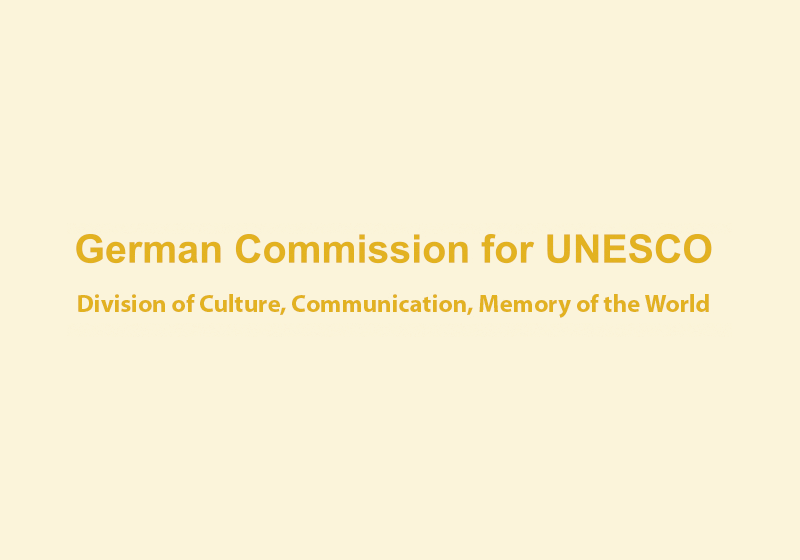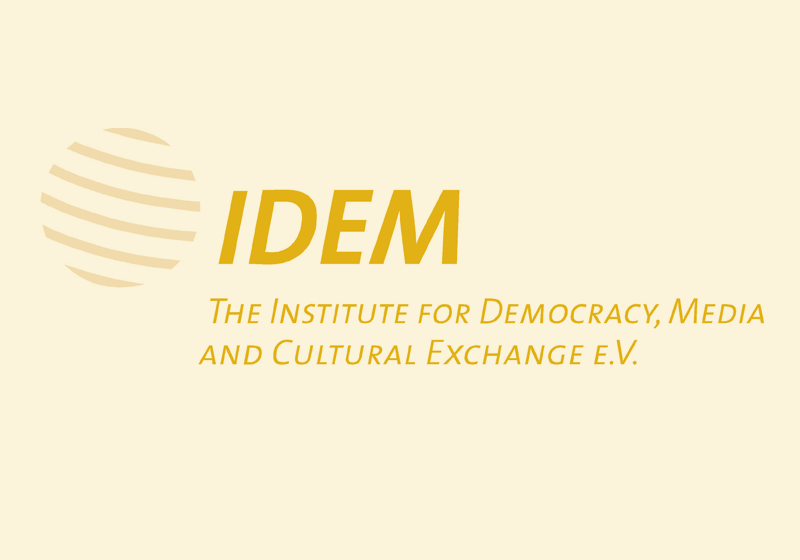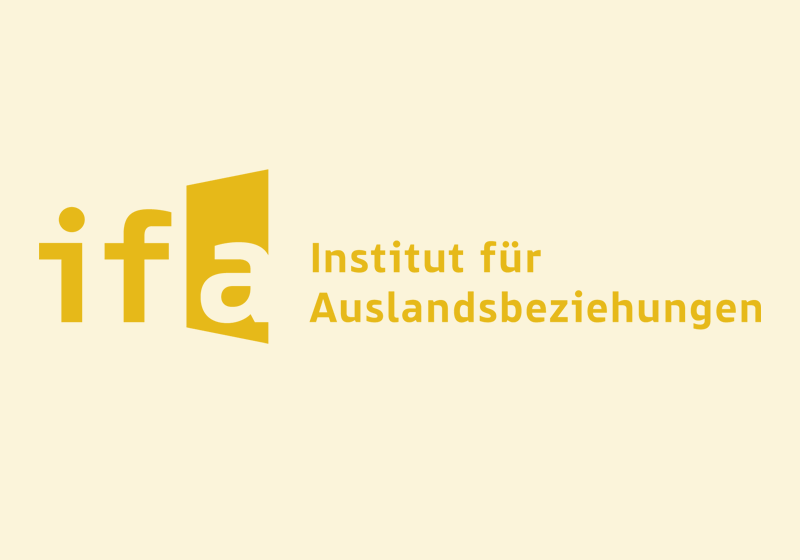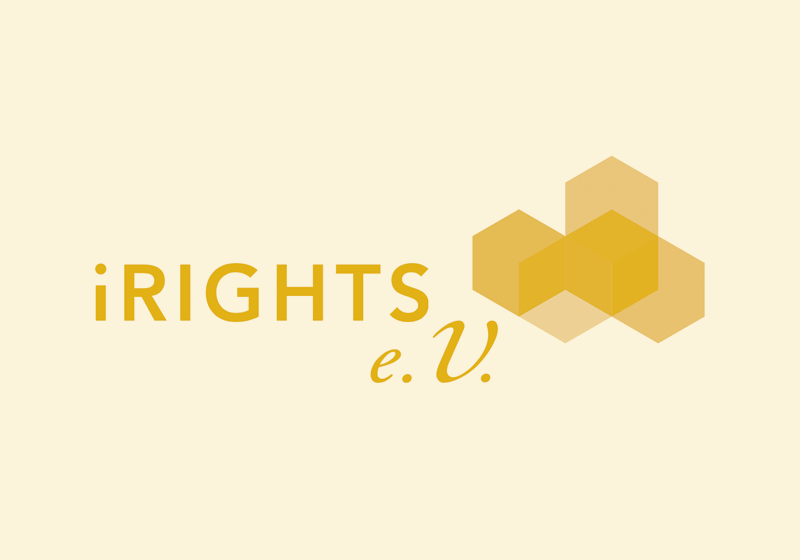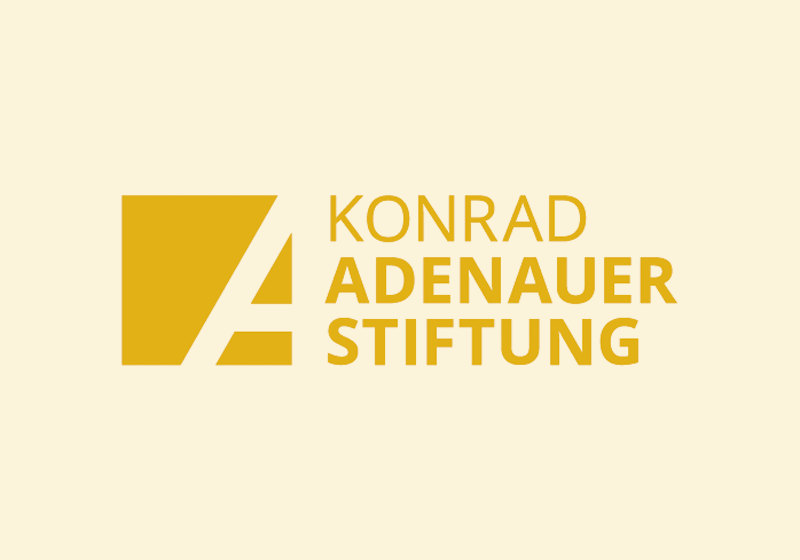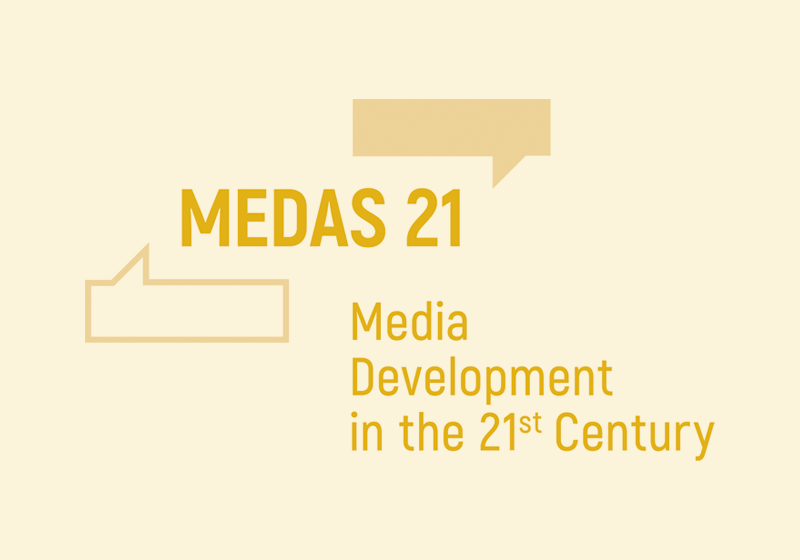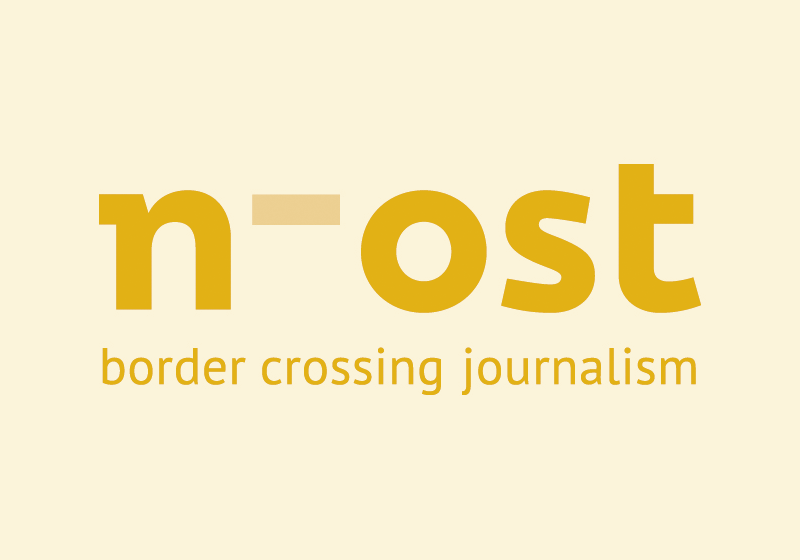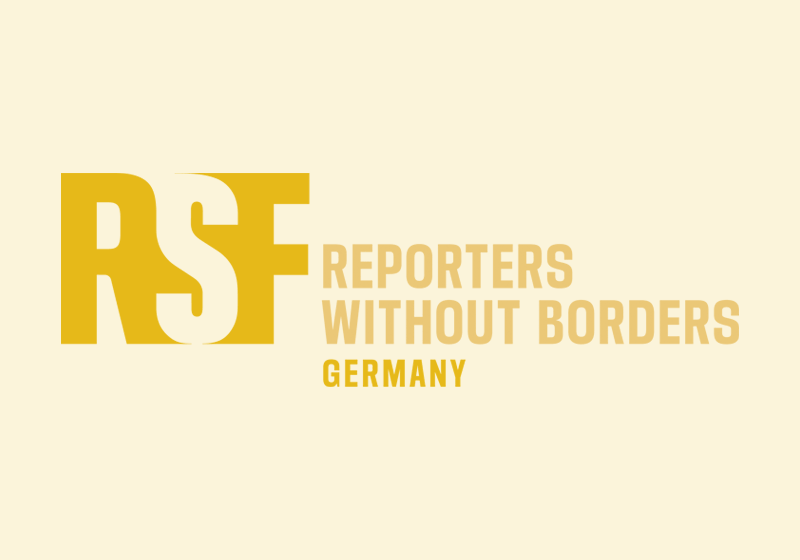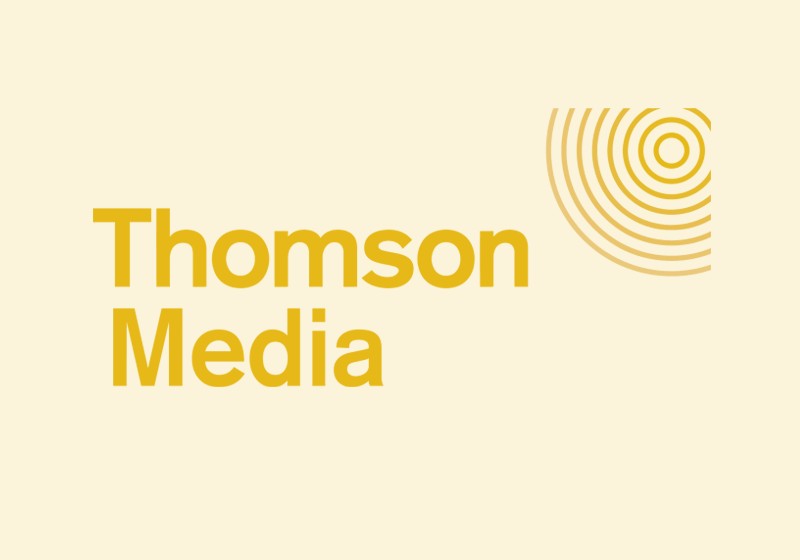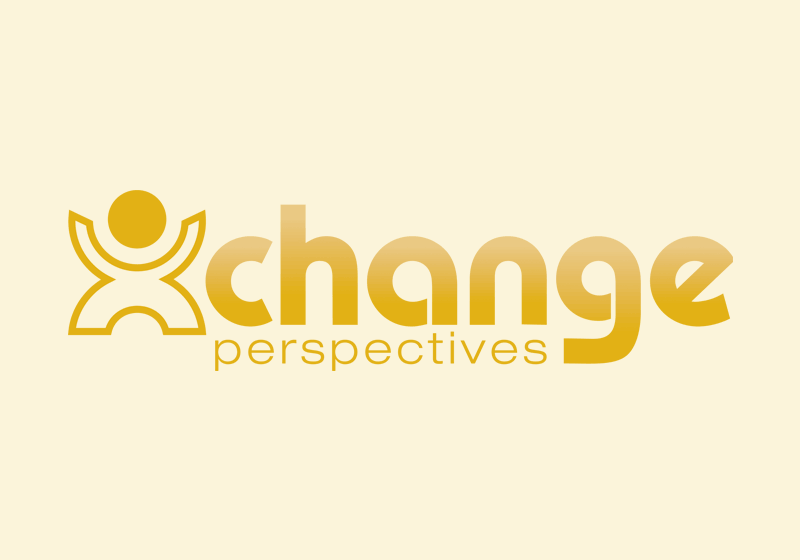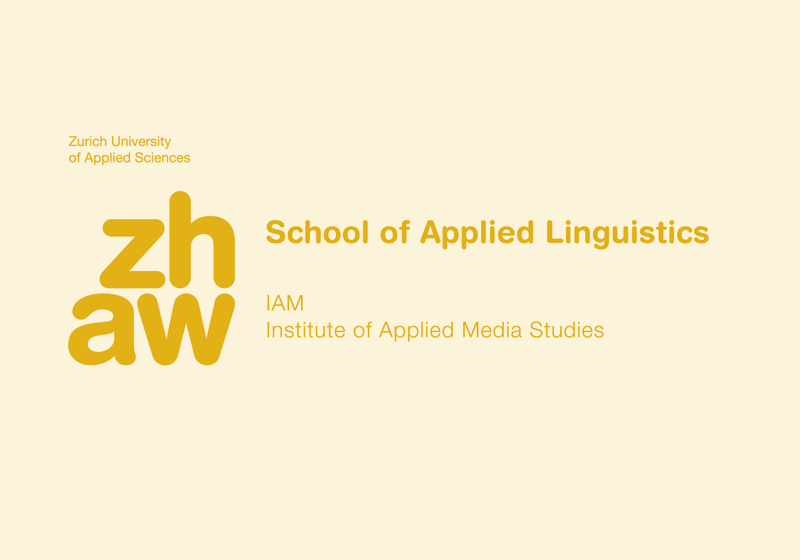Bettina Haasen: The Past That Won't Pass By
Journalists’ habitus in the context of fragile transformation processes during Burundi’s 2015 electoral campaign
Journalists constantly have to negotiate their role in society anew and balance out interdependencies with those in power – this applies in established democracies and even more so in countries in transition under authoritarian rule. Journalists are not only first responders to conflict and crisis by profession – but also targets. Especially in transformation processes, journalists have to face recurring cycles of violence. Media’s role in transition processes towards more democratic rule is regarded as crucial, – either through facilitating, or frequently impeding the establishment of democratic practices. Both were the case during the Burundian civil war from 1993 to 2006. This paper starts from the viewpoint that four main areas of democratization conflicts can be identified: struggles over citizenship and collective identities; control and distribution of power; electoral conflicts, and the pursuit of transitional justice (Voltmer & Kraetzschmar 2015).
After sixteen years of peace-building, the controversial re-election of President Pierre Nkurunziza has taken Burundi once more to the brink of civil war. Field research took place during the failed military coup in May 2015, in the course of which five media houses were destroyed and journalists fled the country. The previously outstanding example of freedom of the press in the Great Lakes Region came to an abrupt halt.
This tense political environment forms the setting in which the concept of habitus is applied. What Pierre Bourdieu describes as incorporated dispositions that are reflected in the actor’s perception, thought and action was not related to journalists in fragile democratization processes until now.
My main research questions were:
- How does a journalist’s habitus impact practices and attitudes in a political conflict setting?
- How do journalists perceive their contribution to change?
- How do journalists reconcile professional ambitions and personal traumas?
- Which impact do traumatic experiences from the past have on their work and role perceptions, and what are the implications of post-traumatic growth (a lesser known outcome) in the field of journalism?
The analysis of habitus in the current Burundian context offers a new perspective on normative expectations towards (peace) journalism in a particular conflict situation, which I would like to share and discuss with participants.


